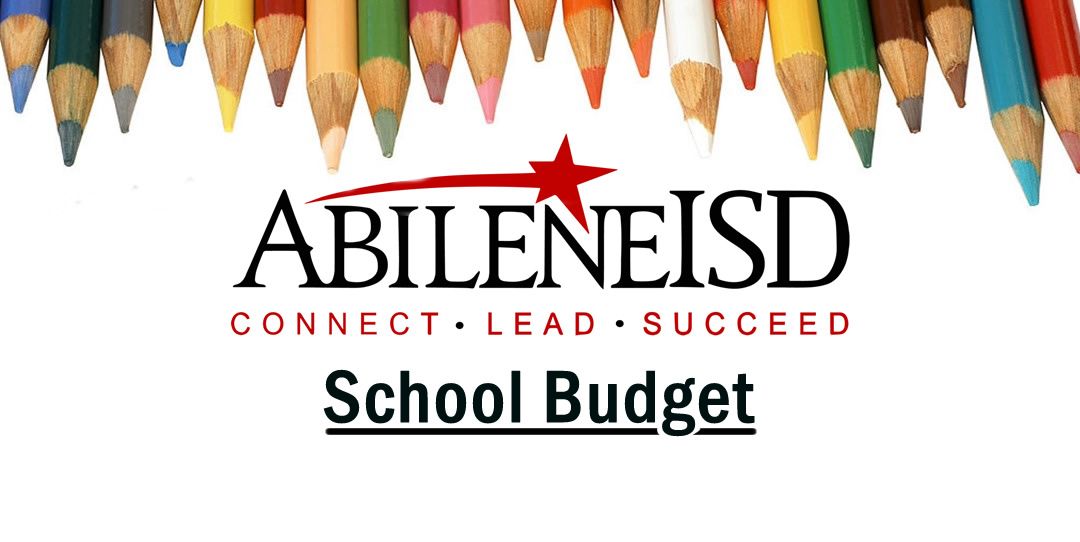By MELISSA IRBY/Executive Director of Finance
The fun has started! The budget process for Abilene ISD began in January. Principals, administrators and the Board of Trustees have already begun discussions about the 2018-19 school year. These discussions will continue until August 27, when the board will consider adopting the budget for the next school year.
The overall budget process is comprised of three major phases: planning, preparation and evaluation. Planning defines the goals and objectives of campuses and the school district while developing programs to attain those goals and objectives. Once these programs and plans are established, budgetary resource allocations are made to support them. Budgetary resource allocations are the preparation phase of budgeting. The evaluation phase continually monitors how funds are expended and how the expenditures directly meet objectives and goals established by the district.
In the planning stages, many factors are considered. One of those factors is the district’s various sources of revenue. Over 90% of Abilene ISD’s general operating budget comes from two revenue sources, local property taxes and from the state. When the district has calculated revenue projections for the next budget year, there are many assumptions that must be considered. The board and the finance team will look at historical district trends, the economic environment both locally and nationally and other relevant current year information that could impact the budget. Once the district has an idea on how much funding will be received, then planning can begin on how to spend it.
All of the steps in the planning phase are then utilized in the preparation of the overall budget. Allocations are made to the campuses, specialized instructional areas and to various departments. However, the budget preparation is not a one-time exercise to determine how a school district will allocate funds. Rather, school district budget preparation is part of a continuous cycle of planning and evaluation to achieve district goals and can be modified throughout the school year.
In the evaluation phase, the proposed budget is then examined for its effectiveness in attaining goals and objectives. The evaluation process will occur throughout the entire school year. Evaluation typically involves consideration of how funds were expended, what outcomes resulted from the expenditure of funds, and to what degree these outcomes achieved the objectives stated during the planning phase. This evaluation phase is important in determining the following year’s budgetary allocations.
In the educational context, budgeting is a valuable tool in both the planning and evaluation processes. Budgeting provides a vehicle for translating educational goals and programs into financial resource plans.
The budget process is one way the finance team has the opportunity to serve the students and staff of Abilene ISD. The finance team appreciates all the support that we receive all year long to make this happen.













